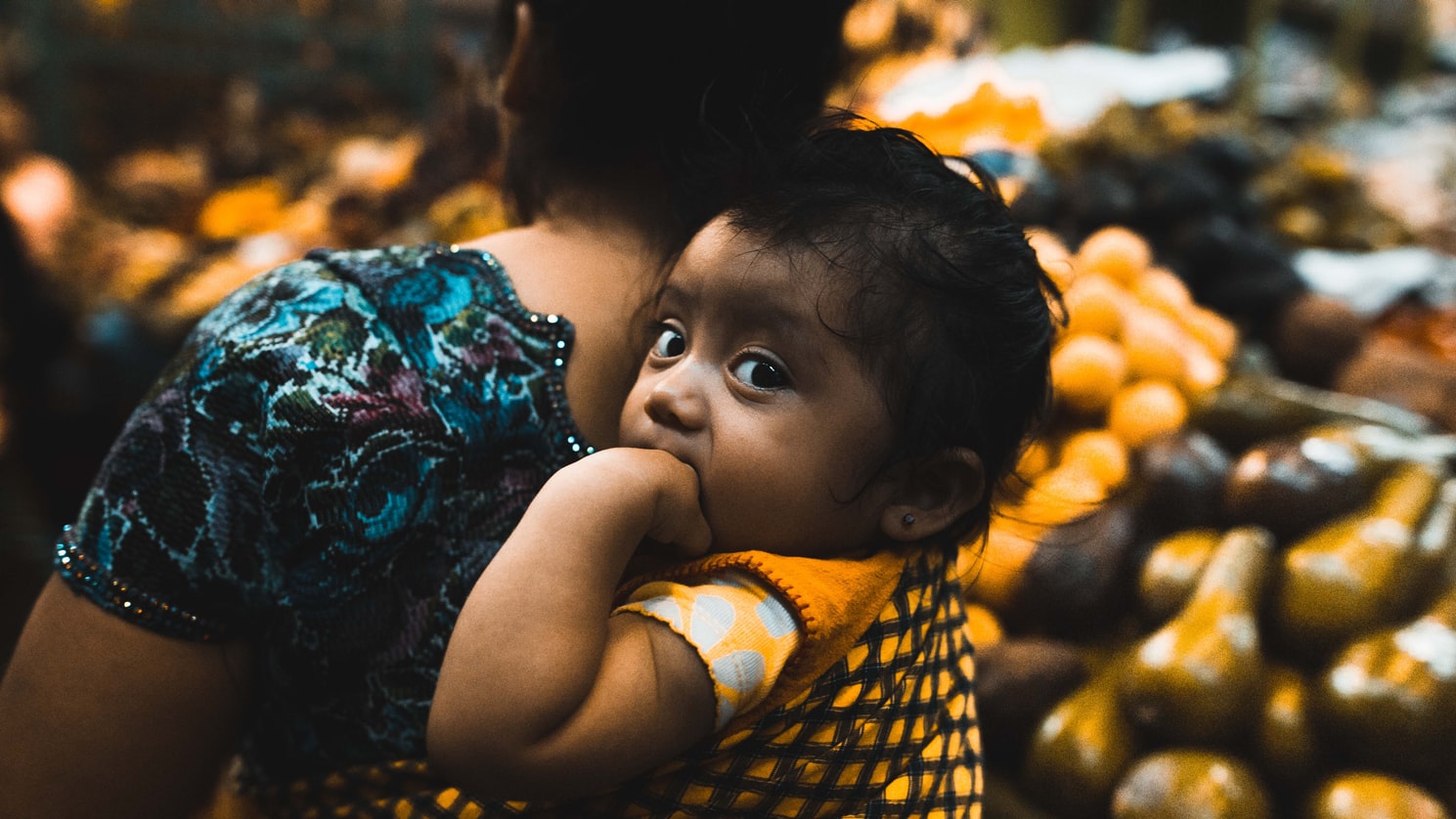By Gonzalo Gamboa, Sara Mingorría and Arnim Scheidel
Abstract
Poverty has many different dimensions, yet few poverty reduction policies take an integrated approach to multidimensional poverty. Many continue to focus predominantly on income and employment issues whereas others address different aspects of poverty separately. In this paper, we illustrate that while such policies may be effective at reaching their objectives individually, they may clash with other dimensions of poverty targeted by other policies. To achieve our aims, we employ a case from rural Guatemala, where a series of development policies have pursued different targets, based on different narratives of poverty reduction. We apply a multidimensional assessment framework and analyze the household typologies of three rural communities to address how these typologies perform in relation to the contrasting goals of different rural-development policies. While for some household types classic indicators such as monetary income and employment did increase, a series of further issues targeted by other policies, such as self-sufficiency, disposable time for community activities, or access to land, worsened. Hence, the problem of focusing predominantly on one dimension is not only that it provides an incomplete picture: the main problem is rather that it can obscure the creation of new types of poverty.
Keywords
Q’eqchi’; Guatemala; Multidimensional poverty; Rural development
Link
https://doi.org/10.1016/j.ecolecon.2019.106450
Gonzalo Gamboa, email hidden; JavaScript is required
Article published in Ecological Economics


The project ENVJUSTICE has received funding from the European Research Council (ERC) under the European Union’s Horizon 2020 research and innovation programme (grant agreement No. 695446)